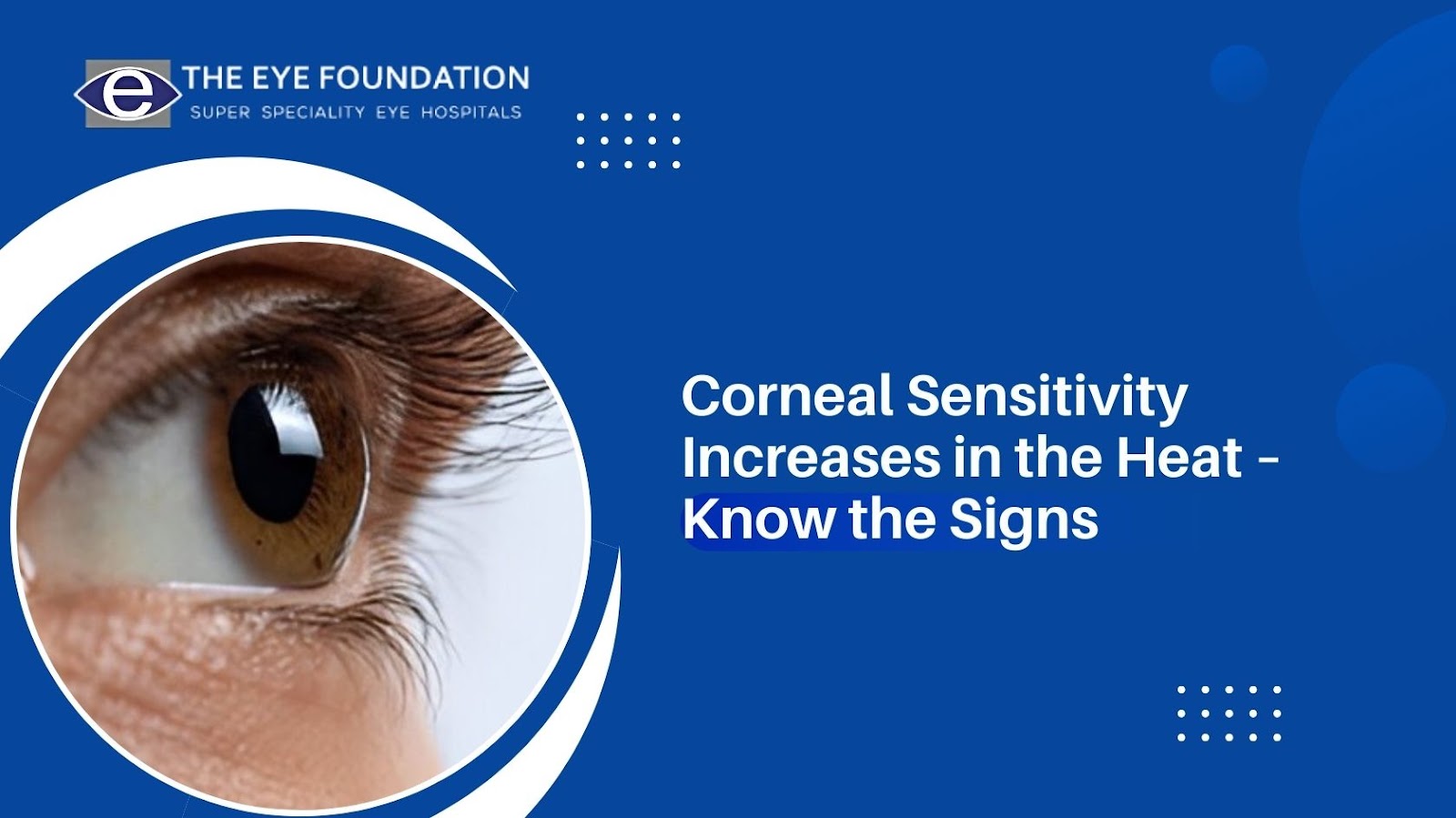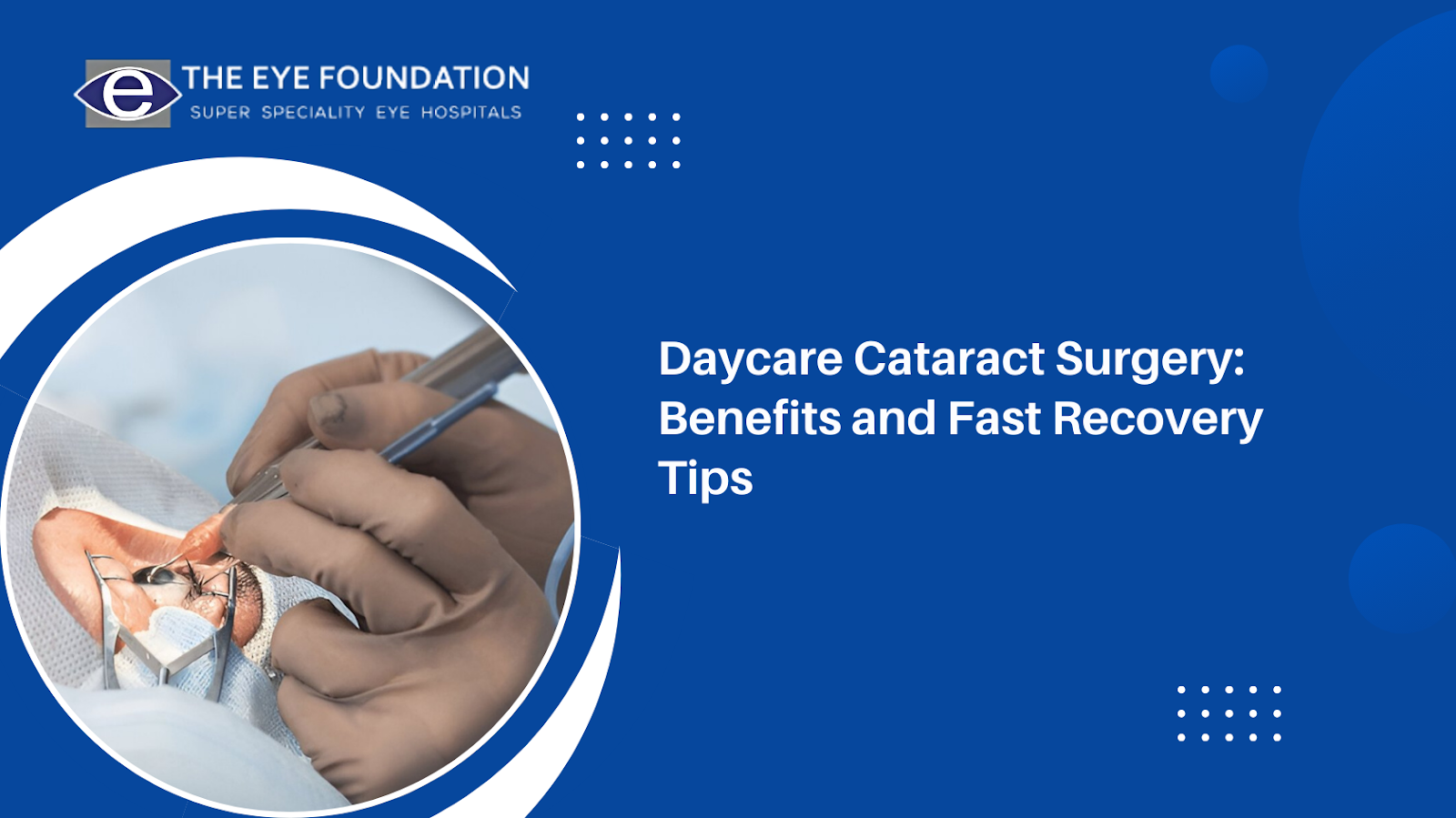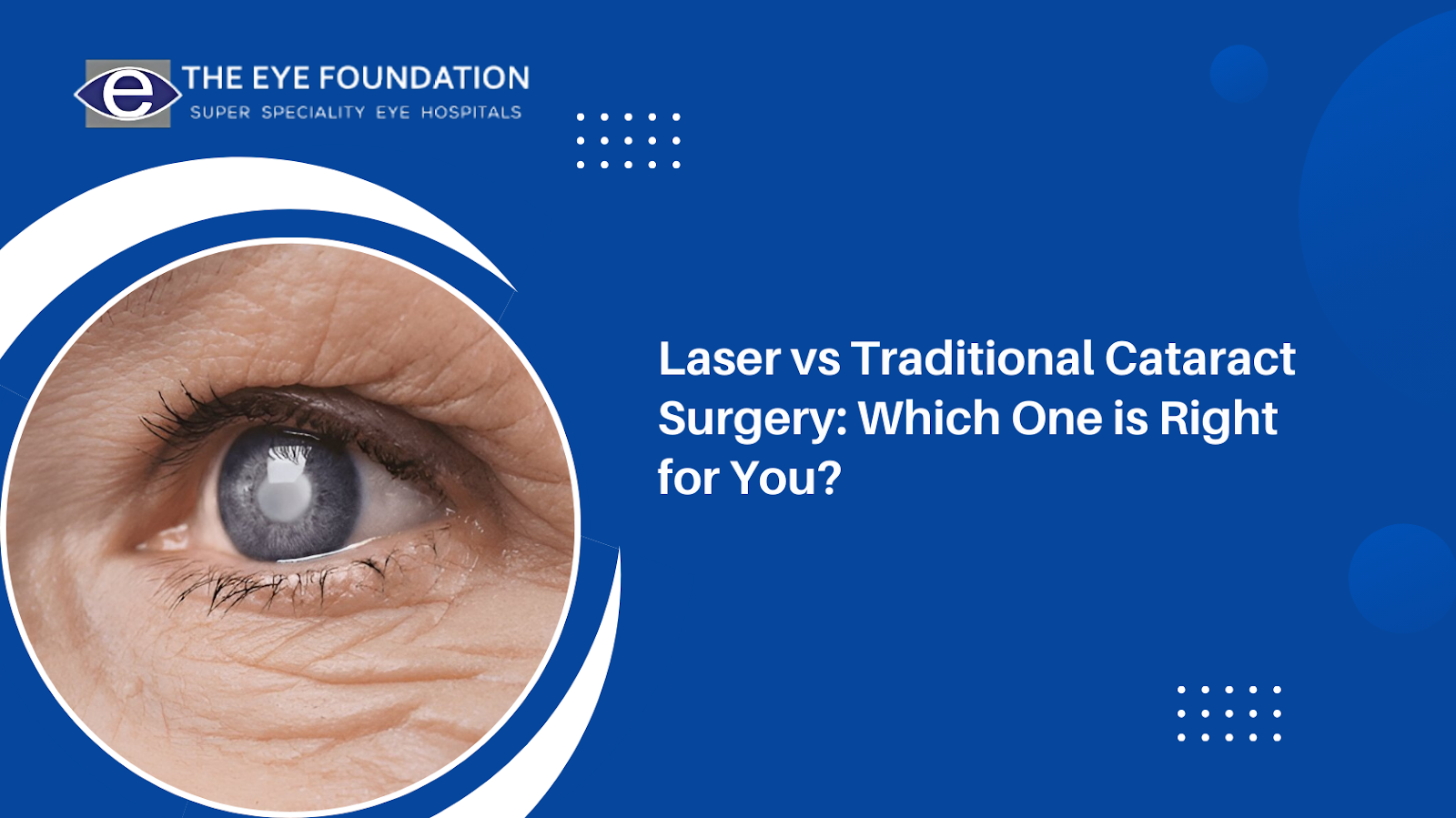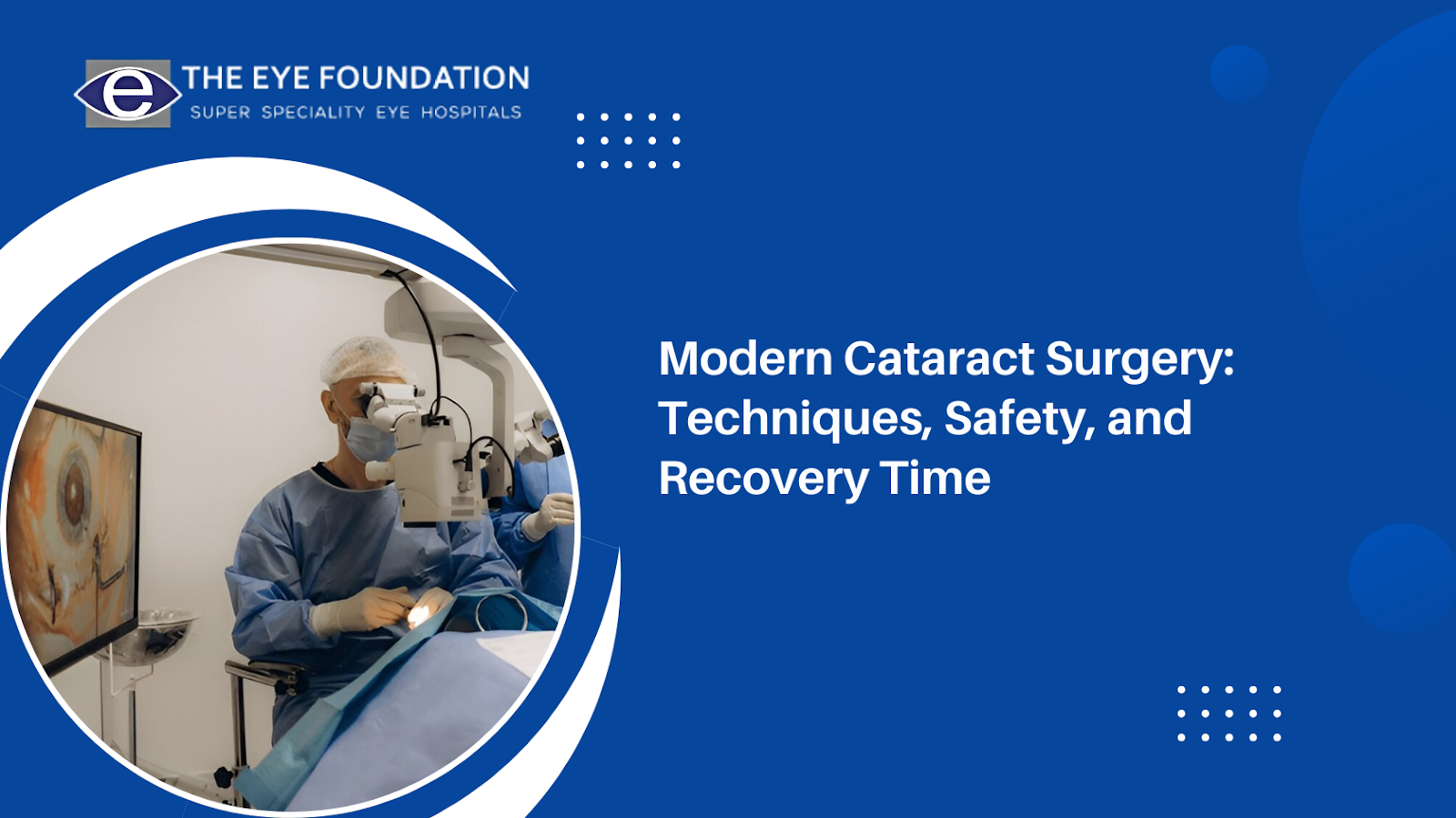Have you ever walked outside into a hot day and felt an immediate irritation or dryness in your eyes? If you have, you're not alone. Hotter temperatures can impact your eye health more than you know. One of the underrated effects of hot weather is eye sensitivity to heat, particularly affecting the cornea — the clear outer layer of the eye that plays a key role in helping us see. When exposed to heat, this sensitive part of the eye can become easily irritated, leading to discomfort and vision-related issues.
How Heat Affects Corneal Sensitivity
The cornea contains a high density of nerves, making it extremely sensitive to changes in the surrounding environment. In hot weather, several factors can contribute to increased eye sensitivity to heat. The rise in temperature can cause the tear film on your eyes to evaporate more quickly, leading to dryness, discomfort, and irritation. Over time, prolonged exposure to heat may trigger a localized inflammatory response, heightening nerve sensitivity. This can cause your eyes to become excessively reactive — even to mild irritants that would normally go unnoticed — further intensifying eye sensitivity to heat.
Common Signs of Eye Sensitivity to Heat
- Burning or stinging sensation in the eyes
- Grittiness or feeling like something is stuck in the eye
- Redness or visible blood vessels on the white of the eye
- Increased blinking or eye rubbing
- Dryness despite humid conditions
- Discomfort when moving between air-conditioned and hot environments
Who Is Most at Risk?
Some people are more vulnerable to heat-related eye problems. Those who wear contact lenses, enjoy most of their time outdoors, or have dry eye disease may be the most vulnerable. Furthermore, those who are recovering from LASIK or other surgeries may be more aware of their eyes' sensitivity to heat, as the cornea is already in a fragile state.
As the globe continues to experience higher temperatures, we must consider how our bodies — and the eyes especially — deal with heat. Awareness of the eyes’ sensitivity to heat is not just discomfort; it is an indication from your body that something is not right. If you experience daily symptoms like dryness, stinging, or a gritty feeling in the eyes while in hot weather, you are likely experiencing corneal thermal stress or inflammation.
Ignoring these signals may ultimately lead to prolonged discomfort or complications if untreated. Luckily, there are simple steps available that you can take: stay indoors in the afternoon heat, wear protective sunglasses or eyewear when outdoors, stay hydrated, and use lubricating eye drops as directed by your eye care professional. Those with pre-existing eye conditions, those who recently have had eye surgeries or those that wear contact lenses must be even more vigilant, as they are more sensitive to corneal reactions during extreme heat.
Please don't ignore your symptoms. If your discomfort persists, despite taking preventive measures, then you should schedule an eye examination. Early detection and care can help avoid more serious conditions from happening as well as protect your long-term vision. Your eyes work hard for you every day so provide protection and take care of them, especially when it is exposed to the extreme effects of heat.
Book an appointment with The Eye Foundation today to receive expert care and ensure your eyes stay healthy and comfortable this summer.






